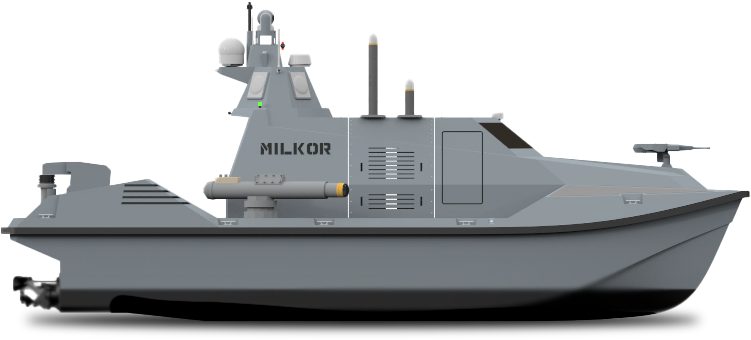Naval and marine engineering are two distinct branches of engineering that share a close relationship due to their involvement with ships and maritime systems. Despite the overlap in their areas of focus, these two fields have different core functions, objectives, and areas of expertise. Here, in the following passages, we will elucidate the key differences between naval and marine engineering, shedding light on their unique roles and responsibilities. Find here the best marine engineering companies in UAE for your needs.
Naval engineering:
Naval engineering primarily revolves around the design, construction, and maintenance of military vessels, specifically naval ships and submarines. The primary goal of naval engineers is to ensure the functionality and readiness of these vessels for defense and military operations. Here are some key aspects that differentiate naval engineering:
Military focus:
Naval engineers are primarily concerned with the development and maintenance of warships, such as aircraft carriers, destroyers, frigates, and submarines. These vessels are designed to protect a country’s interests, enforce maritime security, and engage in military operations.
Weapon systems:
Naval engineers are responsible for integrating and maintaining various weapon systems on warships, including missiles, torpedoes, and anti-aircraft systems. They must ensure the reliability and effectiveness of these systems in combat situations.
Advanced technologies:
Due to the need for military secrecy and technological superiority, naval engineering often involves cutting-edge technologies and innovations. This may encompass stealth design, advanced radar and communication systems, and nuclear propulsion for submarines.
National security:
The work of naval engineers directly contributes to a nation’s security and defense. They play a critical role in maintaining naval readiness and providing support for the military’s strategic goals.
Marine engineering:
Marine engineering, on the other hand, has a broader scope and focuses on the design, construction, and maintenance of all types of marine vessels, including commercial ships, offshore structures, and cruise liners. Marine engineers are primarily concerned with ensuring the safe and efficient operation of these vessels. Here are some key aspects that differentiate marine engineering:
Commercial and civilian focus:
Marine engineers are involved in the development and maintenance of civilian and commercial vessels, such as cargo ships, tankers, passenger liners, and offshore platforms. Their primary objective is to facilitate trade, transportation, and various maritime industries.
Propulsion systems:
Marine engineers are responsible for designing and maintaining various propulsion systems for ships, such as diesel engines, steam turbines, and electric propulsion. Their goal is to optimize fuel efficiency and reduce environmental impact.



